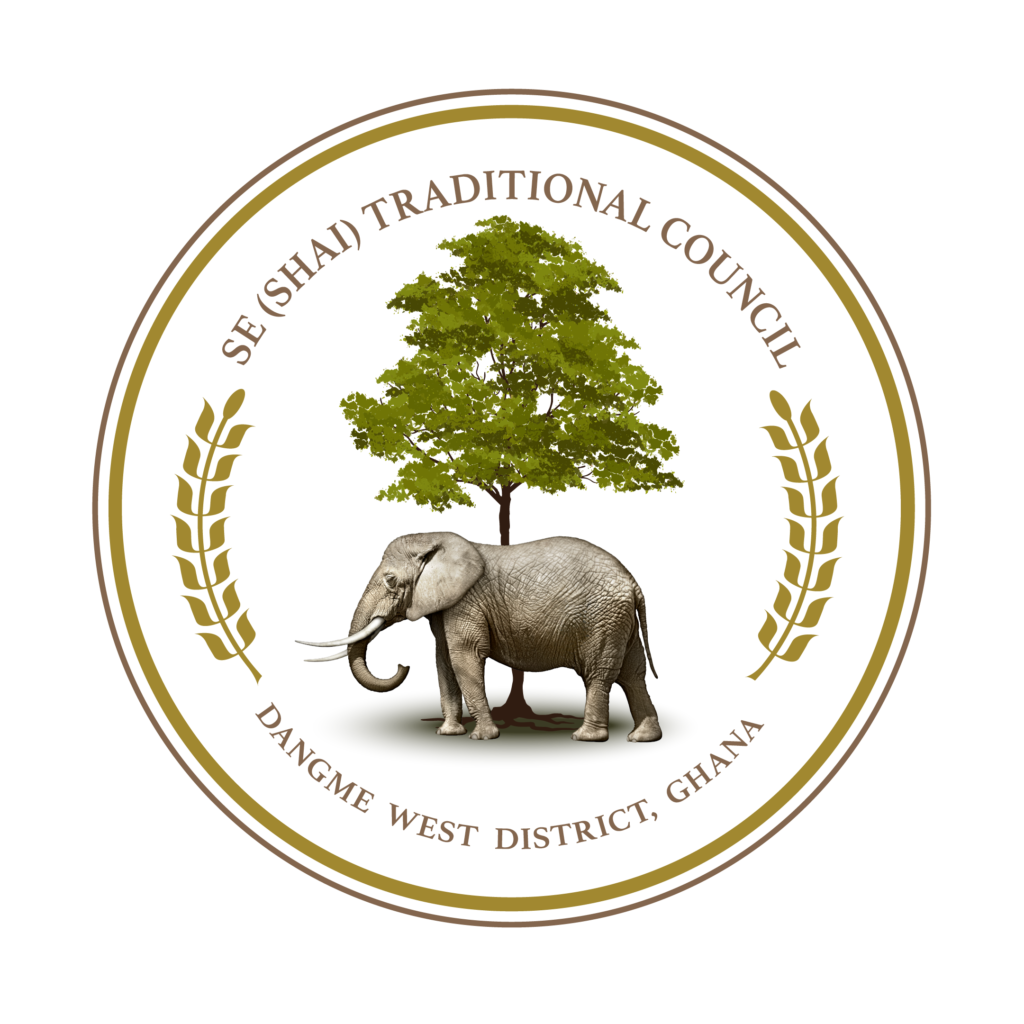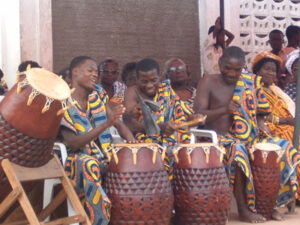

Ghana, West Africa is a democratic nation having a very well defined political structure with an elected President, who serves four-year terms. Yet, the embodiment of the nation is culture and tradition, in which much pride is taken. Even democratic expression is flavored by Ghanaian culture. The cultural spirit is strongly seen in all government dealings. Ghana has beautifully and strategically combined various traditional cultures to form a national culture, which also enhances their political identity.

Ghana is conventional in its approach to every facet of life, including government. Consequentially, everyone within the political structure has strong traditional roots and belongs to a tribe. Each of the political parties is composed of a cross-section of individuals from all of the tribes or traditional groups. However, political figures are voted into office, not by a tribal vote, but by a national vote.
Traditional kings help in the democratic governance of the nation, yet are not directly involved in politics. Nevertheless, the time-honored institution of kingship has a significant influence on the development of the entire nation. The kings work in concert with the political structures, encouraging those under their rule to collaborate with the government’s regional administration for the betterment of the nation. Natural resources in Ghana are owned by the government for development.
Although the Ghanaian kingdoms highly respect and abide by the democratic system, they find security in knowing that Kingship is permanent, having existed long before democracy, unlike elected officials, which may change from term to term. The Kings represent and serve their people for a lifetime. The permanency of the Kingdom is based upon its people, history, traditions and values.
Every Kingdom has stool land(s), under the leadership of the King and their traditional councils. The lands are distributed at the discretion of the Kingship, mainly for the development of the towns or region. The government usually has no jurisdiction in the distribution of stool lands. It should be understood that all land within a Kingdom is not owned by the Kingship and considered stool land. Individuals also own land and are free to buy and sell property.